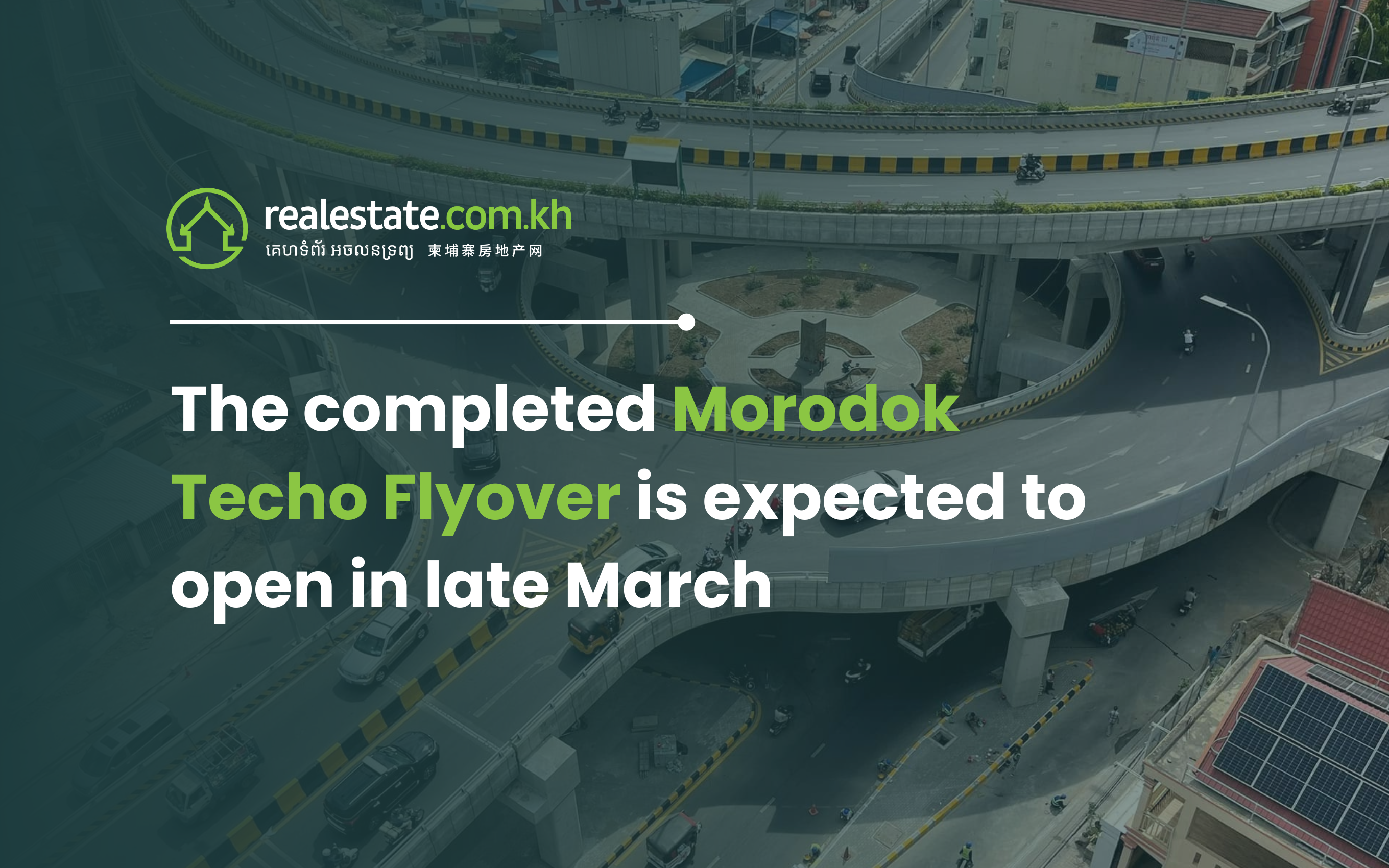Currently, there is significant growth in the Cambodian market for subdivision plot land because it returns a good profit - and the idea of buying land is a lot easier to understand for local investors.
It’s possible for them to have a quick return on investment if they find a good location and invest wisely. It can also be done with just a little savings - so this market has opened up opportunities for the lower middle class to invest in property.
But in terms of subdivision plot land buyers, there is a great need for a holistic consideration of the project and the original investor before deciding to buy land in a plot land project.
In the discussion regarding the challenges of buying plot land in the Cambodian market, Yin Leangkong – editor in chief of Property View Magazine, and presenter and editor of real estate and economics at BTV – suggested that in the past, the plot land market has faced various problems between developers and buyers.
He raised up three corelated aspects that need consideration to avoid disputes that occur over plot land now and into the future.
Buyer's due diligence:
Buyers must be cautious before buying any land area. You need to know what type of land title the seller has - whether it’s a soft or hard title.
Leangkong explains that if there’s an investor with a hard title but only transfers the soft title to the buyer, this creates great risk for the buyer. In the case when the seller migrates or dies, the hard title will be transferred to their children, relatives or anyone else, according to the law, and a buyer who only has a soft title will not gain possession of the plot land that they have already paid for.
Developer/Seller’s Ethics:
The second aspect, plot land developer/investors themselves should respect professional ethics and not deceive people. If you have a soft title, transfer it to buyer. If you also have the hard title, transfer it to buyer.
Leangkong believes that this is one way of protecting people who buy the land from plot land projects.Meanwhile Leangkong also said that investors need to consider the residential layout and the infrastructural layout that is being provided for all citizens within the project - such as road plans, sewage systems, and electricity connections. He said that when the layout is properly managed, the area of plot land will become a fast development area in the future that’s organized and aesthetically pleasing for residents. This equals investment returns in the short term for buyers, and even more in the longer term.
Yet, in recent years, while many plot land projects have been sold with promises of infrastructure to come, in fact, these investors ultimately did not provide what they said they would. Also, some took no control over the management of the land post-sale. Some plot land buyers built high houses, some small, some together or even some for business - which didn’t look like an appealing place to live in once it was all finished, says Leangkong. And some buyers didn’t even build homes because they were waiting for the right time to sell again to make a profit, effectively degrading the whole area.
If this continues in the future, this will create anarchy for housing construction within developments, according to Leangkong.
Government's Role:
The third aspect relates to the Ministry of Land Management, Urban Planning and Construction, and the Ministry of Economy and Finance. Leangkong urged the two ministries to speed up the establishment of a law pertaining to the subdivision plot land management.
He said that if we have clear and proper legal provisions, the Ministry will easily be able to implement regulations for investors - such as how many meters to keep for building the road, what the residential layout will be, the drainage system etc. These are for sustainable development which comply with environmental standards and the visual character and beauty of the city.
Plot Land Buyers Advice:
When asked about what critical point plot land buyers should inspect before buying, Leangkong mentions that most of the buyers of plot land are in the middle and lower middle class, and some of them bought the land for future investment returns. He stressed that most of the prices of plot land aren’t rising anymore. If prices do go up, it won’t be by much because the large-area investors have already taken most of the profits. So, buyers should consider this point before buying in the hopes of dramatic returns.
He explains that well-off and wealthy citizens will not buy plot land because it’s a slow development site with relatively slow returns. He adds that the already existing houses that are built without proper planning will most likely not see an increase in value as well.
However, Leangkong clarifies that the subdivision plot land has been beneficial to the whole society in some ways because it allows the middle-class or lower middle class to afford to buy land. Everyone should have land for building a good home down the line, concludes Leangkong.




Comments